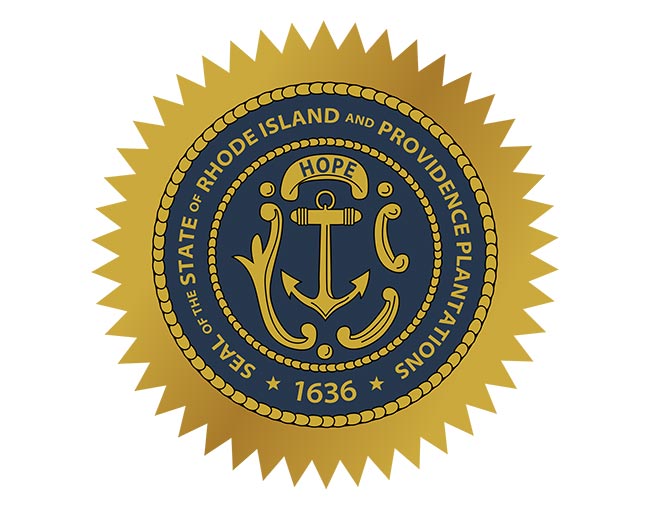For such a tiny state, Rhode Island packs a big regulatory punch for any company that fails to properly register its sweepstakes: a possible misdemeanor criminal charge. That penalty is nothing to sniff at, and it looms for any improperly registered Rhode Island sweepstakes with an approximate retail value of at least $500.
As the Sweepstake Law Blog has discussed previously, just three states in the U.S. require certain types of sweepstakes to be registered: Florida, New York, and Rhode Island. Of the three, Rhode Island arguably has the least stringent registrations laws. But it also has the lowest monetary threshold of the states requiring registration.
Under Rhode Island law, any game, contest or other promotion offering the opportunity to win prizes valued over $500 must be registered with the secretary of state if the promotion takes place in a retail establishment. In other words, if the total announced value of the prizes is in excess of $500, then the in-store sweepstakes must be registered. (This is in contrast to the $5,000 prize values that compel registration in both Florida and New York.) Regardless of the prize amount, Rhode Island does not require sponsors to post a bond or establish a trust account.
At the time of registration, the sweepstakes sponsor must pay a filing fee of $150 and provide all of the standard information requested, including:
- The minimum number of participating objects available;
- The minimum number of prizes available;
- The proportionate opportunity of winning prizes;
- The geographic area covered by the contest, and all its rules and regulations.
Sponsors should closely adhere to these procedures, as failure to register a qualifying sweepstakes is a misdemeanor criminal offense under Rhode Island law.
Like many other states, Rhode Island also requires that information be posted concerning the sweepstakes rules and available prizes. The information must be posted in a conspicuous and prominent location in every retail store that participates in the contest. In addition, once the contest has ended, the sponsor must keep records of each prize winner for at least six months – although the sponsor is not required to file a winners list. As with registration itself, failures to post this information and to maintain records constitute misdemeanor offenses.
The Rhode Island requirements are critical for any companies offering promotions that include any locations in the state. After all, it only makes sense that nationwide sweepstakes open to all U.S. residents must comply with the laws of all 50 states, as well as federal law.
Thompson Coburn’s sweepstakes attorneys have helped companies register numerous promotions in Rhode Island. If you need any assistance in making sure your sweepstakes is up to snuff in the Ocean State, please contact us.




